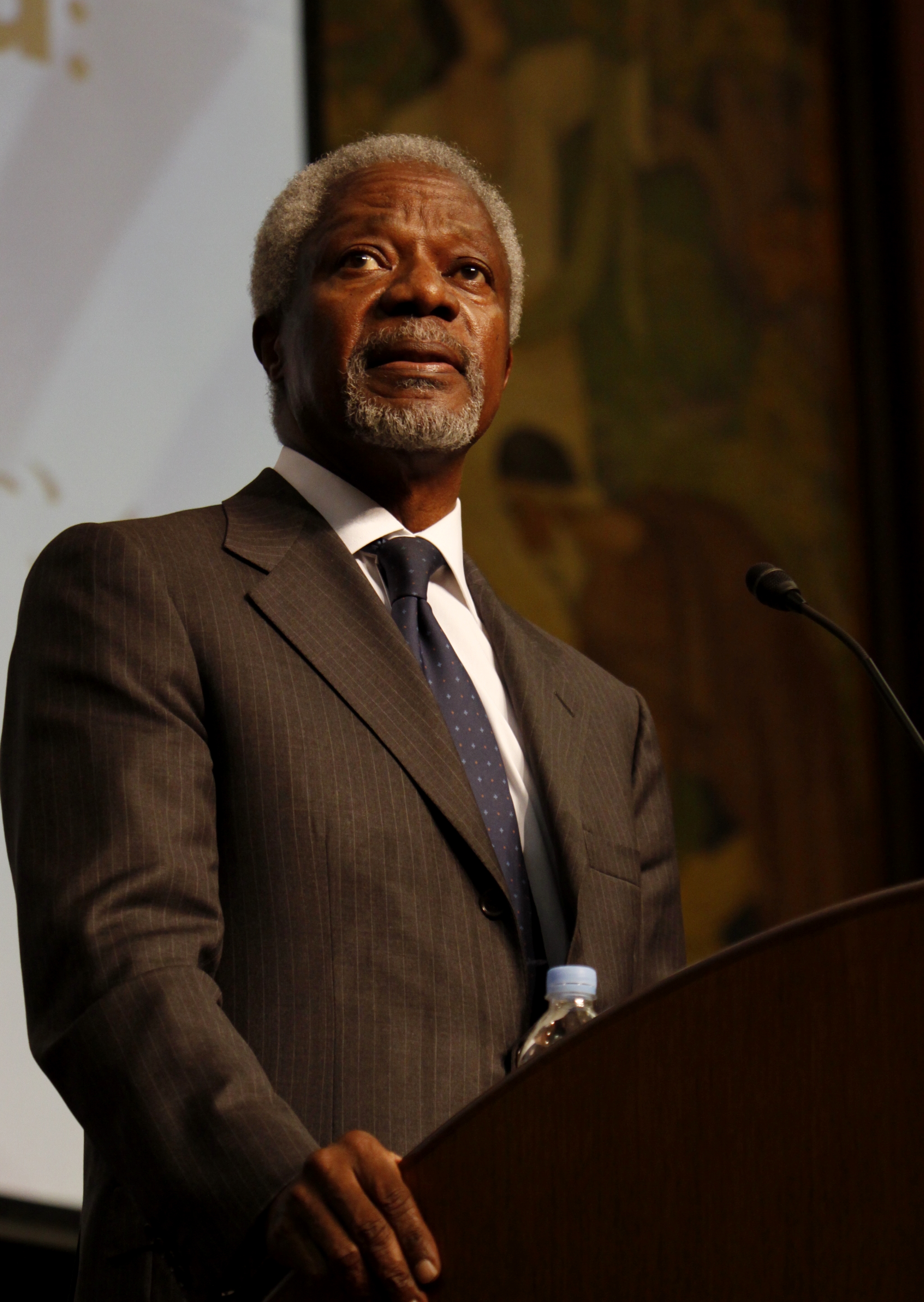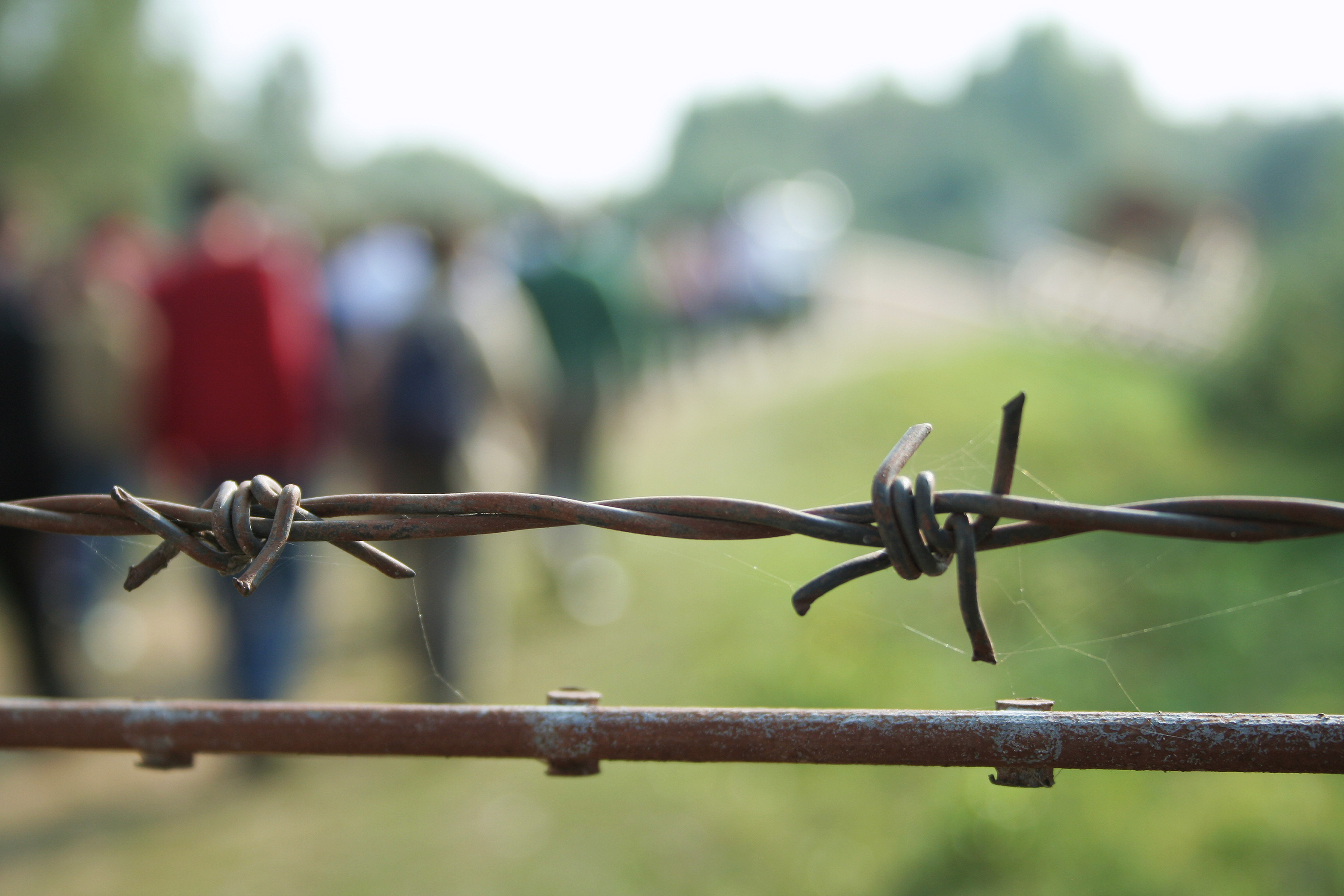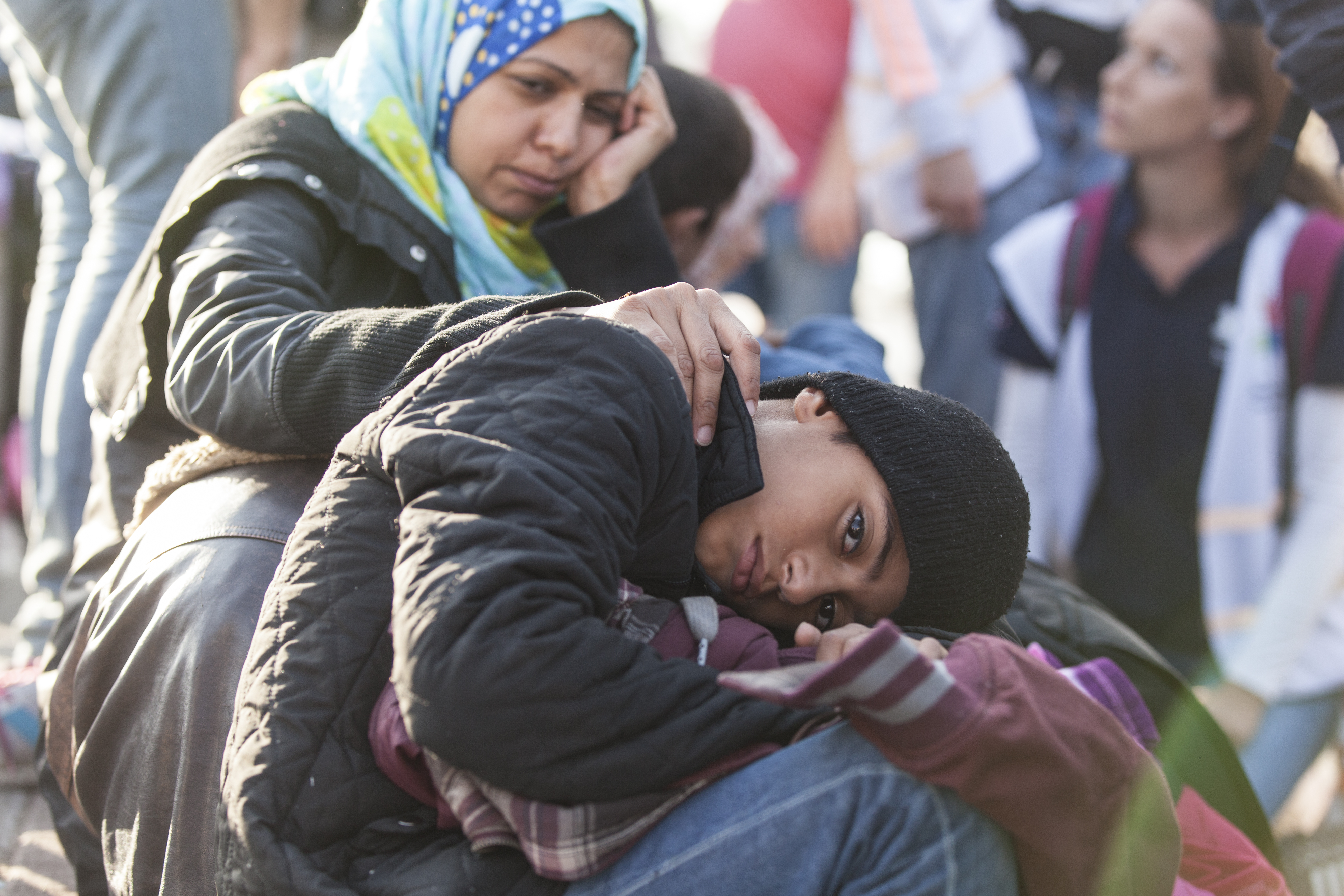Taking forward Multilateral Disarmament Negotiations
Kofi Annan’s remarks at the Open-Ended Working Group on taking forward Multilateral Disarmament Negotiations at the United Nations Offices in Geneva
In my final major address on disarmament as Secretary-General in November 2006, I argued that the total lack of any common and coherent strategy to deal with nuclear weapons may well present the greatest danger to life on Earth. My argument was based foremost on the indisputable fact that nuclear weapons present a uniquely existential threat to all of humanity.
In the decades since Hiroshima and Nagasaki, we have to come to comprehend the devastating, planet destroying consequences that any use of nuclear weapons would unleash. Reflecting on the possible use of nuclear weapons, Nikita Khrushchev said that in such a situation “the living would envy the dead”.
This awareness should have given new urgency to the search for progress on nuclear disarmament as well as nuclear non-proliferation. This is what I strongly urged ten years ago but I regret to say that this has not happened. As result, many non-nuclear weapon states rightfully question whether or not the existing legal architecture is sufficient to achieve and maintain a nuclear-weapon-free world or even to prevent the further proliferation of nuclear weapons.
The international regime governing nuclear weapons, with the Non Proliferation Treaty at its core, was meant to put a permanent end to these dangers by facilitating the total elimination of nuclear arsenals. Yet, it has been more than 45 years since the nuclear-weapon states entered into a legally-binding contract with the non-nuclear weapon states to negotiate in good faith on nuclear disarmament.
Some states have given up their nuclear weapons or their ambitions to acquire them. Nevertheless, today the total number of nuclear weapons deployed around the world – on land and at sea – is still prodigious. In fact, nuclear-armed states are actually modernizing their nuclear arsenals and are developing new types of weapons, which overshadow the limited progress on nuclear disarmament made in recent years.
New fears are arising from geopolitical tensions involving nuclear powers and their allies, the rapid growth in military budgets, and the emergence and deployment of new technologies that can disrupt systems meant to preserve so-called “strategic stability”. Unfortunately, the pace of nuclear disarmament efforts has not kept pace with the increasing dangers posed by the spread of nuclear technology and knowledge.
I welcome, therefore, the establishment of this open-ended working group, which should aim to galvanize international public opinion and, I sincerely hope, break through the paralysis which has characterized and stymied the debate on nuclear disarmament in recent decades. I urge the Open Working Group to develop feasible proposals and recommendations that address both the disarmament and non-proliferation agendas.
The challenges are enormous but not insurmountable. They can be overcome if there is there is a renewal of the political will that made earlier nuclear agreements possible. I wish you every success in your deliberations, which are so vital to our shared future on this fragile planet of ours.



